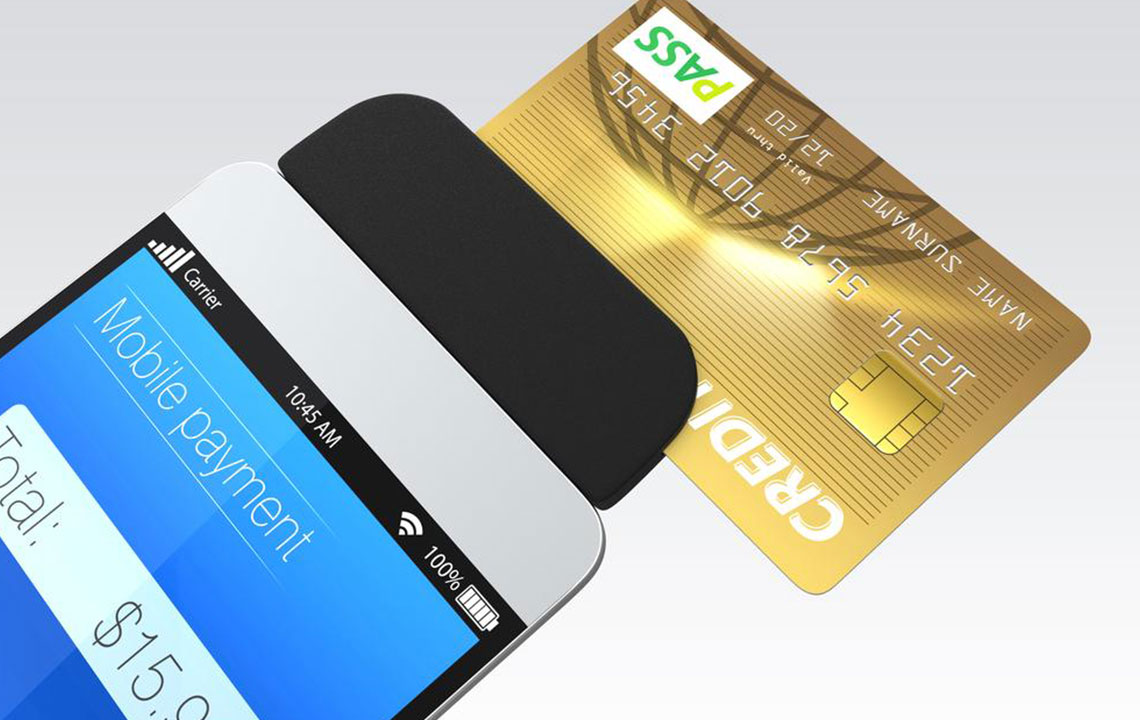Comprehensive Guide to Modern Payment Processing Solutions for Businesses
This comprehensive guide delves into the essentials of payment processing solutions, highlighting key components, security features, and how to choose the right provider for your business. Learn about transaction costs, modern innovations, and future trends to optimize your payment workflows for better efficiency and customer trust.

Comprehensive Guide to Modern Payment Processing Solutions for Businesses
In today's fast-paced commercial environment, efficient payment processing systems are vital for the success of any business, whether operating physically or online. As the digital economy continues to grow, understanding how payment processing works and selecting the right provider becomes increasingly important for entrepreneurs and established companies alike. This comprehensive guide explores the core aspects of payment processing solutions, helping business owners make informed decisions to optimize their financial transactions and enhance customer experience.
At the heart of any successful retail operation is a reliable payment processor. These entities facilitate the secure and swift transfer of transaction data from customer to merchant, enabling seamless payment completion. From small startups to large enterprises, integrating the appropriate payment processing system can significantly influence overall operational efficiency and customer satisfaction.
Payment processing services serve as the backbone of electronic transactions by transmitting critical data between your customer's bank or credit card issuer and your business bank account. They are designed to ensure transaction security, safeguard against fraud and identity theft, and streamline the payment flow. However, these services invariably involve fees that businesses need to account for, which can include per-transaction charges, setup fees, and additional costs associated with extra security features.
Understanding the key components involved in payment processing is essential for making informed choices. These components include:
The customer: The individual or entity making the purchase using a payment method.
The merchant or business: The seller receiving payments for goods or services.
The payment processor: The company that handles the transaction transmission between the customer’s bank and the merchant’s bank.
The payment gateway: The platform that securely encrypts and transmits payment data during the transaction.
The customer’s financial institution or card issuer: The bank or entity that issued the customer's debit or credit card.
The merchant’s bank: The financial institution where the merchant holds their business account.
Popular payment processing options include traditional banks, online platforms like PayPal, Square, Stripe, and various digital wallets. When choosing a provider, it's crucial to consider interchange fees, which are charges paid between banks for card transactions and directly impact overall costs. Most processors support major card networks such as Visa and Mastercard, but fee structures can differ significantly. Comparing multiple options allows businesses to select the most cost-effective and reliable solution tailored to their specific needs.
Key Factors in Selecting a Payment Processing Solution
To ensure you make the best choice for your business, consider factors such as transaction fees, security features, compatibility with your sales platform, ease of integration, customer support, and compliance with industry standards like PCI DSS. Additionally, analyzing the pros and cons of each provider helps prevent future issues and ensures smooth financial operations.
Security and Compliance in Payment Processing
Security is paramount when dealing with sensitive financial data. Payment processing services incorporate encryption protocols, fraud detection algorithms, and secure authorizations to protect both merchants and customers. Compliance with Payment Card Industry Data Security Standard (PCI DSS) is mandatory for handling cardholder data and maintaining trust.
Furthermore, advancements in tokenization and biometric authentication are enhancing transaction security, reducing the risk of data breaches and unauthorized access. Businesses should stay updated on the latest security features offered by their payment providers to safeguard their reputation and customer loyalty.
The Future of Payment Processing
The landscape of payment processing is continually evolving with innovations like contactless payments, mobile wallets, and cryptocurrency acceptance. These advancements provide faster and more versatile options for consumers, influencing how businesses approach transaction management. Integrating emerging payment technologies can provide competitive advantages and cater to customer preferences for convenience and security.
Moreover, the rise of integrated financial platforms and API-based solutions makes it easier for businesses to deploy customized payment systems that align with their operational workflows. Staying informed about technological trends and regulatory changes ensures businesses remain resilient and adaptable in a dynamic market.
In summary, choosing the right payment processing solution is critical for operational efficiency, security, and customer satisfaction. By understanding the core components, evaluating provider options Carefully, and staying updated on industry trends, businesses can optimize their payment systems to foster growth and enhance their reputation in an increasingly digital economy.





